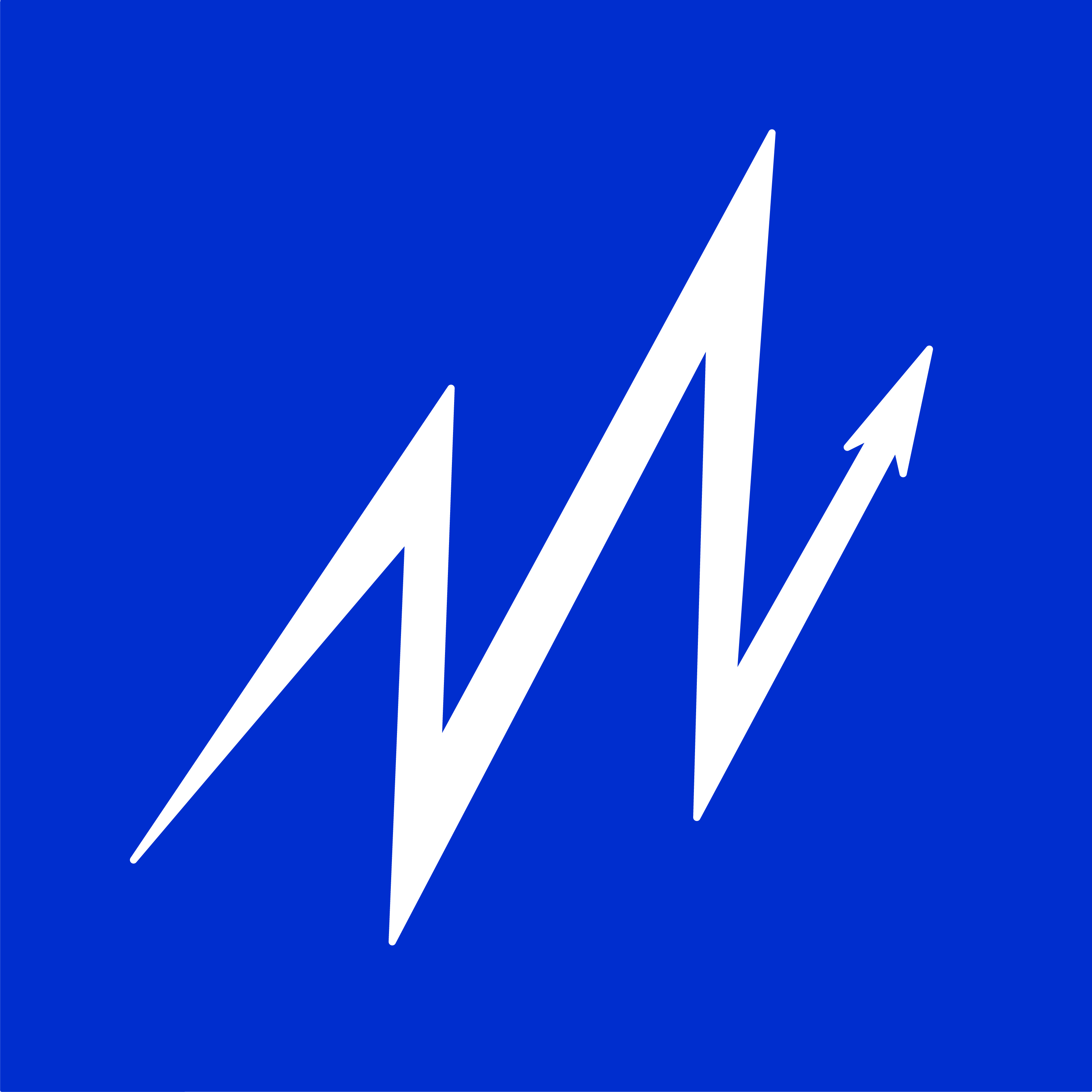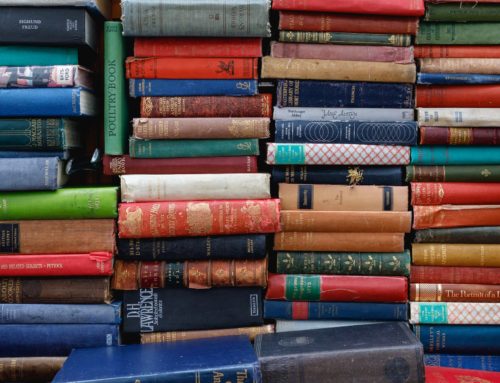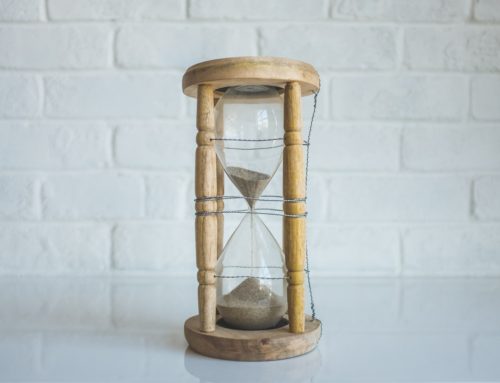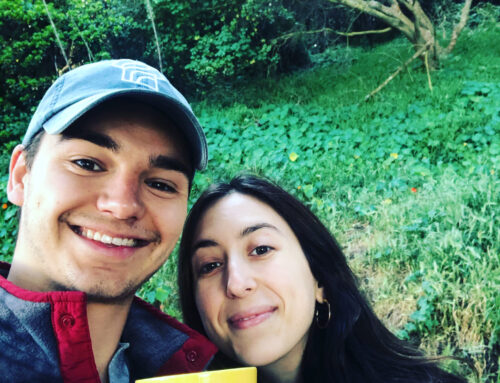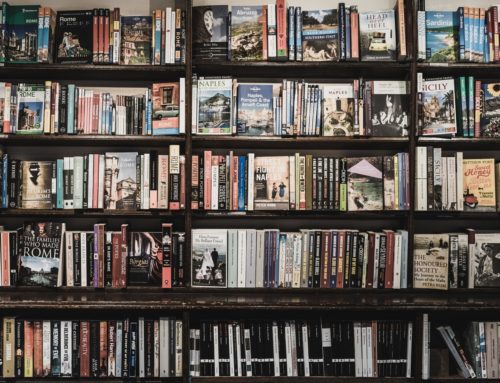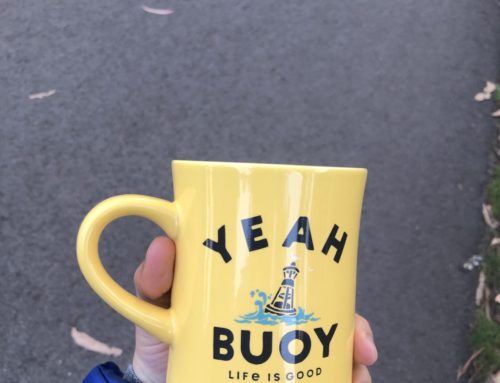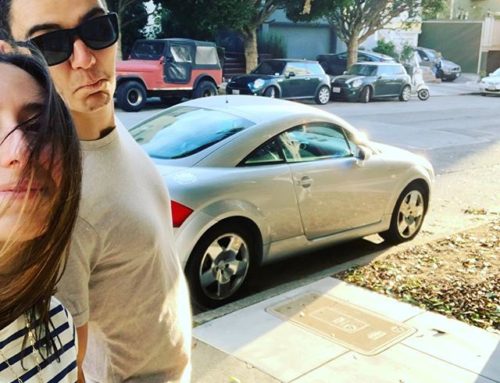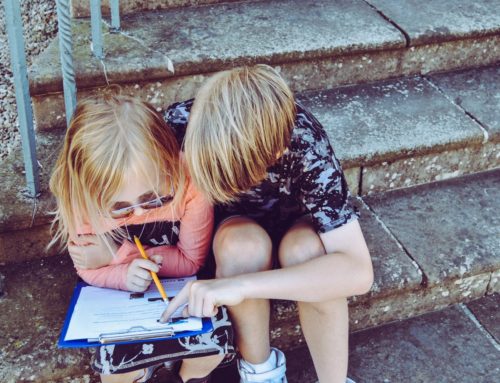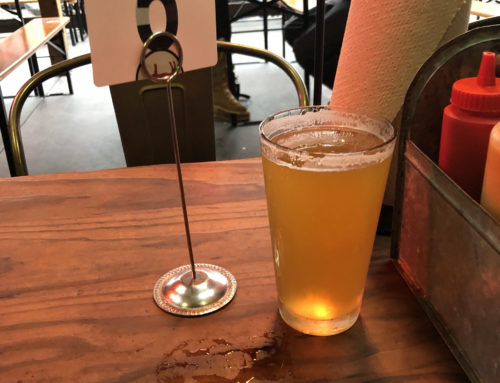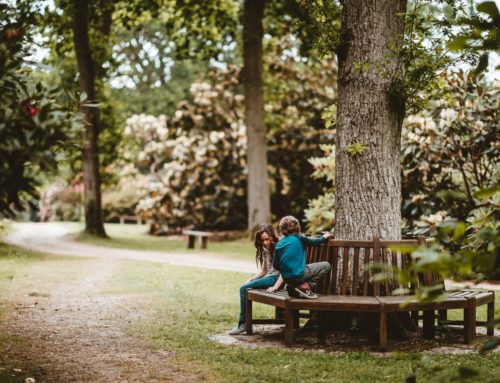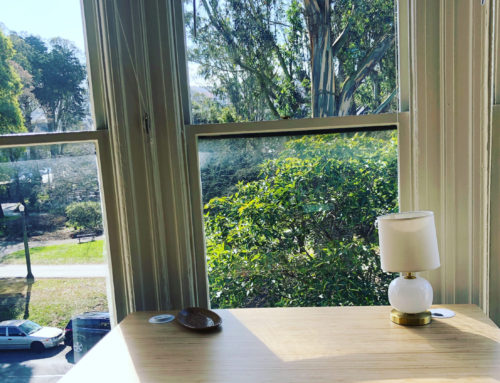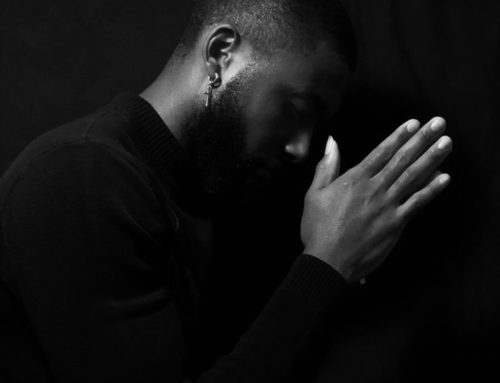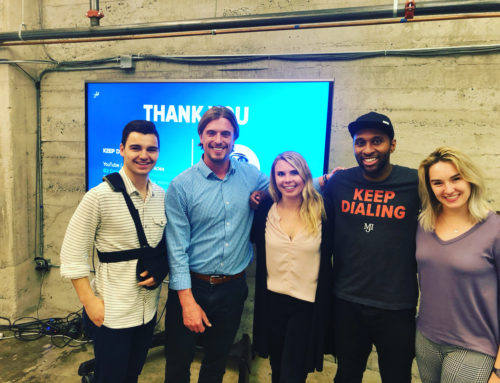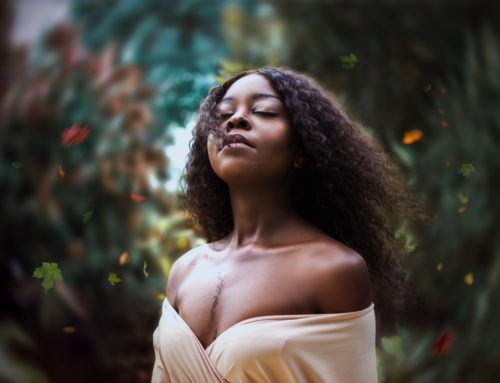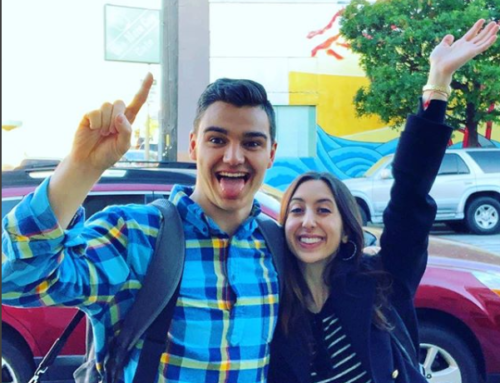It’s Sunday morning. Unlike the Commodore’s song, I’m not taking it easy this day.
I had self-imposed deadlines to hit. A podcast to produce. A blog to write. Downloads, pageviews, 5-star reviews flooded my mind. End results outweighed the process 1,000 to 1.
I stared at the blank white page in front of me. 10 minutes pass. Then 20 and 30. Still, no words have been typed. I’m blocked.
Kurt Vonnegut once said that when he writes he “feels like an armless legless man with a crayon in his mouth.”
Sounds about right.
And on that particular Sunday, I was tired of it. Maybe I’m not really cut out for creative tasks?
I decide to flip on a podcast. One of my favorites, The Moment by Brian Koppelman. Koppelman openly explains how he too was a blocked creative. The book that changed his life? The Artist’s Way by Julia Cameron.
That was enough for me. (As an aside, if you are ever deciding about whether or not to spend the money on a book, do it. It’s a $15 investment that can change your life).
The Artist’s Way is an international bestselling book focused on helping someone follow a “spiritual path to higher creativity.” In other words, it helps blocked creatives become unblocked.
Here’s how you can become unblocked:
We’re all born creative
“Every child is an artist. The problem is how to remain an artist when he grows up.”
– Pablo Picasso
We’re all born creative. As kids, we dream big, we draw, we play with imaginary friends, we create lemonade stands and play outside all day. When others see a backyard, a kid sees Fenway Park or the surface of Mars or an ancient battleground.
Until we hit a certain age.
Then we start to care about what other people think. We try to be “cool”, to impress the boy or girl we have a crush on.
People influence us more than we’d like to admit. There were likely plenty of people that dissuaded your creativity, who Cameron calls “Creative Monsters.” For me, it was Ms. Gregg, a middle school Art teacher that tried to fail me because I couldn’t get the hang of watercolors.
On the flip side, we also have our “Creative Hall of Fame”, people that help us to flourish our creativity, whether it was writing a newspaper as a kid or taking that pottery class as a 26-year-old woman.
Basic Principles
“Principles are fundamental truths that serve as the foundations for behavior that gets you what you want out of life. They can be applied again and again in similar situations to help you achieve your goals.”
– Ray Dalio
Like any good teacher, Cameron lays a framework of guidelines or basic principles for creativity. These are the foundation for the rest of our creative journey.
Basic principles:
-
- Creativity is the natural order of life. Life is pure creative energy.
- There is an underlying, in-dwelling creative force infusing all of life, including ourselves.
- When we open ourselves to our creativity, we open ourselves to the Creator’s creativity within us and our lives.
- We are, ourselves, creations. And we, in turn, are meant to continue creativity by being creative ourselves.
- Creativity is God’s gift to us. Using our creativity is our gift back to God.
- The refusal to be creative is self-will and is counter to our true nature.
- When we open ourselves to exploring our creativity, we open ourselves to God: good orderly direction.
- As we open our creative channel to the creator, many gentle but powerful changes are to be expected.
- It is safe to open ourselves up to greater and greater creativity.
- Our creative dreams and yearnings come from a Divine source. As we move toward our dreams, we move toward our divinity.
Morning Pages
“Marathon runners suggest you log 10 slow miles for every fast one. The same holds true for creativity. 3 pages per morning and one kind thing for yourself each day.”
– Julia Cameron
Just about every morning, my routine is locked in. I wake up at 4:59 am. After using the restroom and brushing my teeth, I head to the kitchen for some water. I then head back to my room to do my morning pages. Then, and only then, am I able to continue to my favorite part of the morning routine, having a hot cup of coffee.
Morning pages are three journal pages written longhand first thing in the morning. The goal is to remove your pen from the paper as little as possible.
What do I write about? Whatever the hell I want. Bitching about how tired I am, what I ate for dinner last night, my deepest darkest secrets: anything goes.
Entrepreneur Tim Ferriss calls it “quieting the monkey mind”. Bestselling author Ryan Holiday says it helps to “wage peace with one’s self.” Cameron poetically refers to them as “spiritual windshield wipers.
Whatever you want to call it, this shit works.
Artist Dates
“If you want to work on your art, work on your life.”
– Anton Chekhov
When’s the last time you took yourself out on a date?
No, seriously.
Do you ever do anything alone that’s truly fun – like go to the movies, play an old game that you love, a nice dinner?
If you’re like me, not only is your answer “never”, but you’re probably about to close out of this article.
Allow me to explain.
I was skeptical at first. Play? How can I spend time playing when I have all of this work to do?
Little by little, I started doing it. A movie on Netflix on a Thursday night. A stroll to a bookstore on Sunday morning. An underground craft beer and comedy show.
Give it a chance.
God’ involvement
“God’s plan, God’s plan
I can’t do this on my own, ay, no, ay
Someone watchin’ this shit close, yep, close.”
– Drake
This isn’t a religious book. But it kind of is. Cameron makes a lot of references to God, the Creator, the Divine.
At the end of the day, it doesn’t matter what your exact beliefs. But in order to be great, you have to belief that something – anything – is greater than you are. Call it God. Call it Buddha. Call it the Universe.
This force does not look down on you for being creative. Quite the opposite in fact. Cameron dictates that being creative is as close to being Divine as we’ll ever get. Tap into that, lean into it.
This force wants you to make art. It wants you to be creative. It wants you to be successful.
Repeat to yourself: “Creative force, you take care of the quality. I’ll take care of the quantity.”
Self-love
“Love yourself first and everything else falls into line. You really have to love yourself to get anything done in this world.”
– Lucille Ball
Deep down, we’re all still children. The same children we were 10 or 20 or 50 years ago. We throw tantrums. We hold grudges. We dream big – but may be afraid to act on it.
Cameron encourages us to nurture our “little selves”. It’s where our best creative energy is held.
Surround yourself with images that inspire you. Buy yourself small gifts that keep life exciting. Take a walk and, literally, stop to smell the roses.
This is all about filling your creative cup.
Process over product
“It’s not the writing part that’s hard. What’s hard is sitting down to write.”
-Steven Pressfield, The War of Art
It’s easier to say you’re an aspiring writer than to be one. It’s quite exciting to proclaim at a dinner party that your novel or poem or play is coming along.
William Faulkner once wrote that he only writes when he’s inspired. “Fortunately, it strikes every morning at 9 o’clock sharp.”
We must do the work. We must set standards for ourselves. We must, as Philadelphia 76ers GM famously said, “trust the process”.
Find your routine and stick to it. There are an infinite amount of great art projects looking for someone to complete them. Be that person.
Surrender
“Adventures don’t begin until you get into the forest. That first step is an act of faith.”
– Mickey Hart, Grateful Dead Drummer
Most ambitious people are Type A. They like to control as much as they can. Control as many variables as you can so that you can likely know the outcome. In many endeavors, this is a great strategy.
Cameron believes the opposite is true in creativity. She says “the creative process is a process of surrender, not control.”
Surrender to the Creator. Surrender to what you’re enthusiastic about. Surrender to the process over results.
Author Anne Lamott once wrote that she doesn’t write to get published, but rather because it makes her feel free. Keith Richards says that being in creative flow is like “flying without a license.”
If you’re blocked, all I can offer is for you to take the first step.
The rest will flow from there.
Sign up for the weekly Millennial Momentum Newsletter. No BS, All hustle
